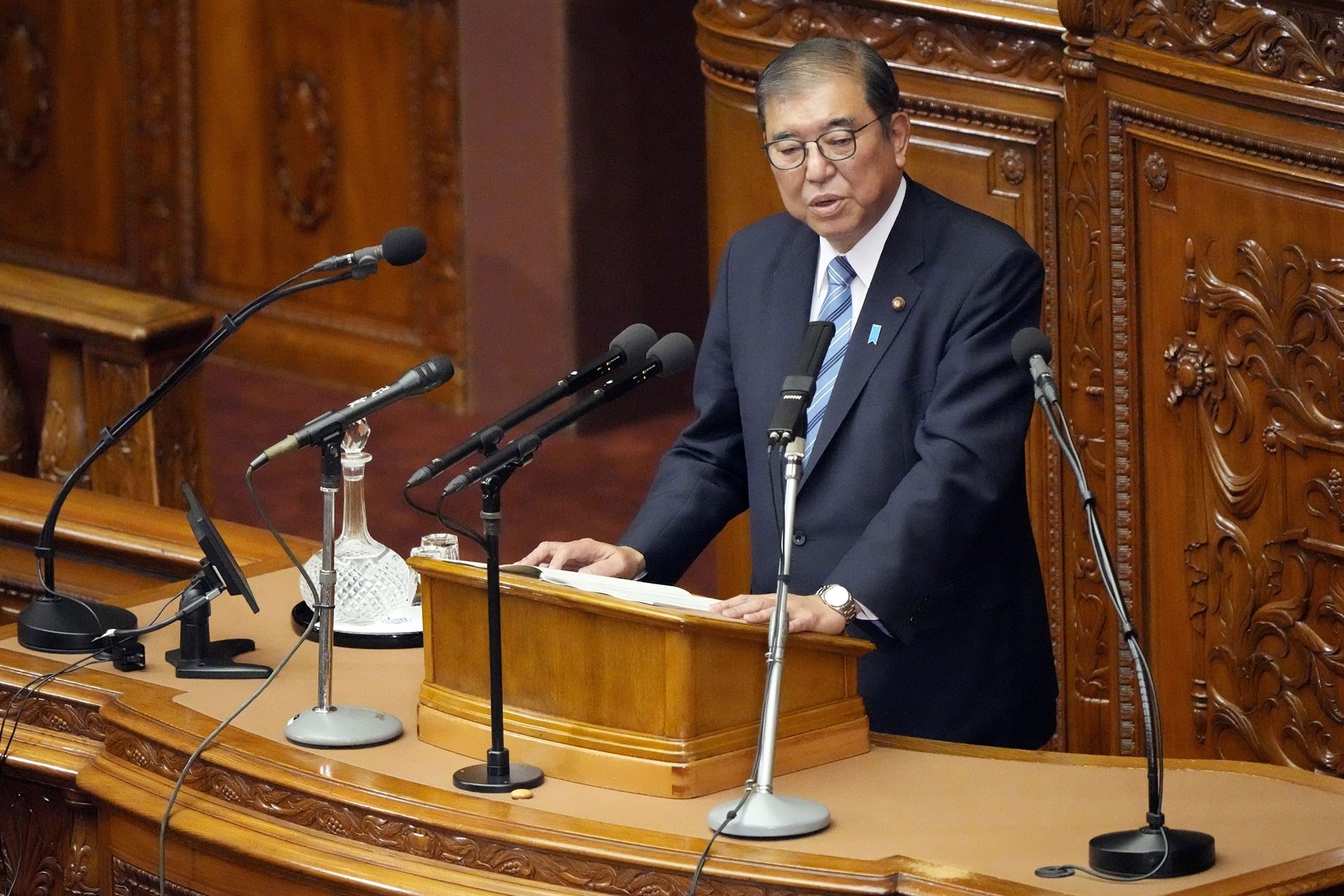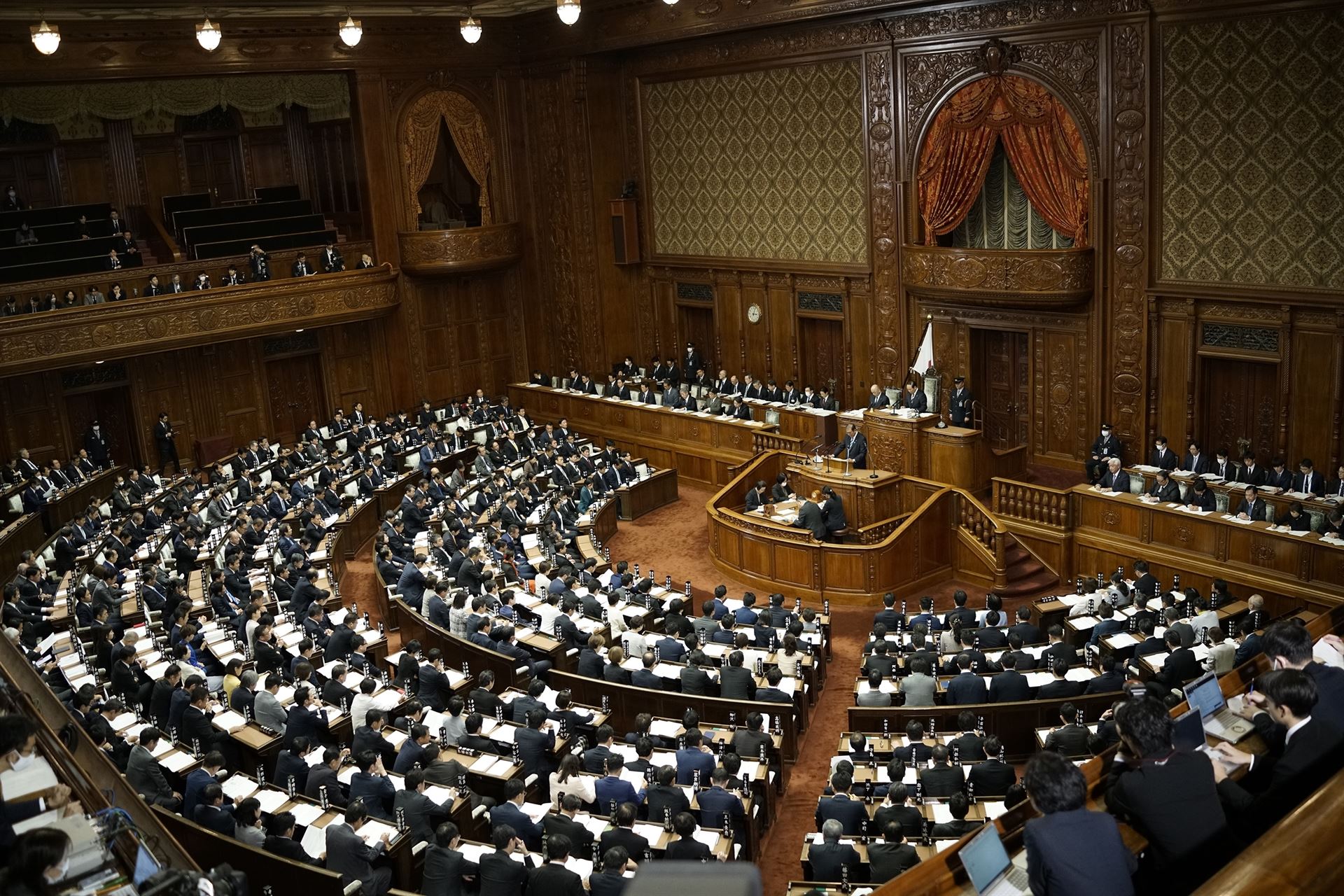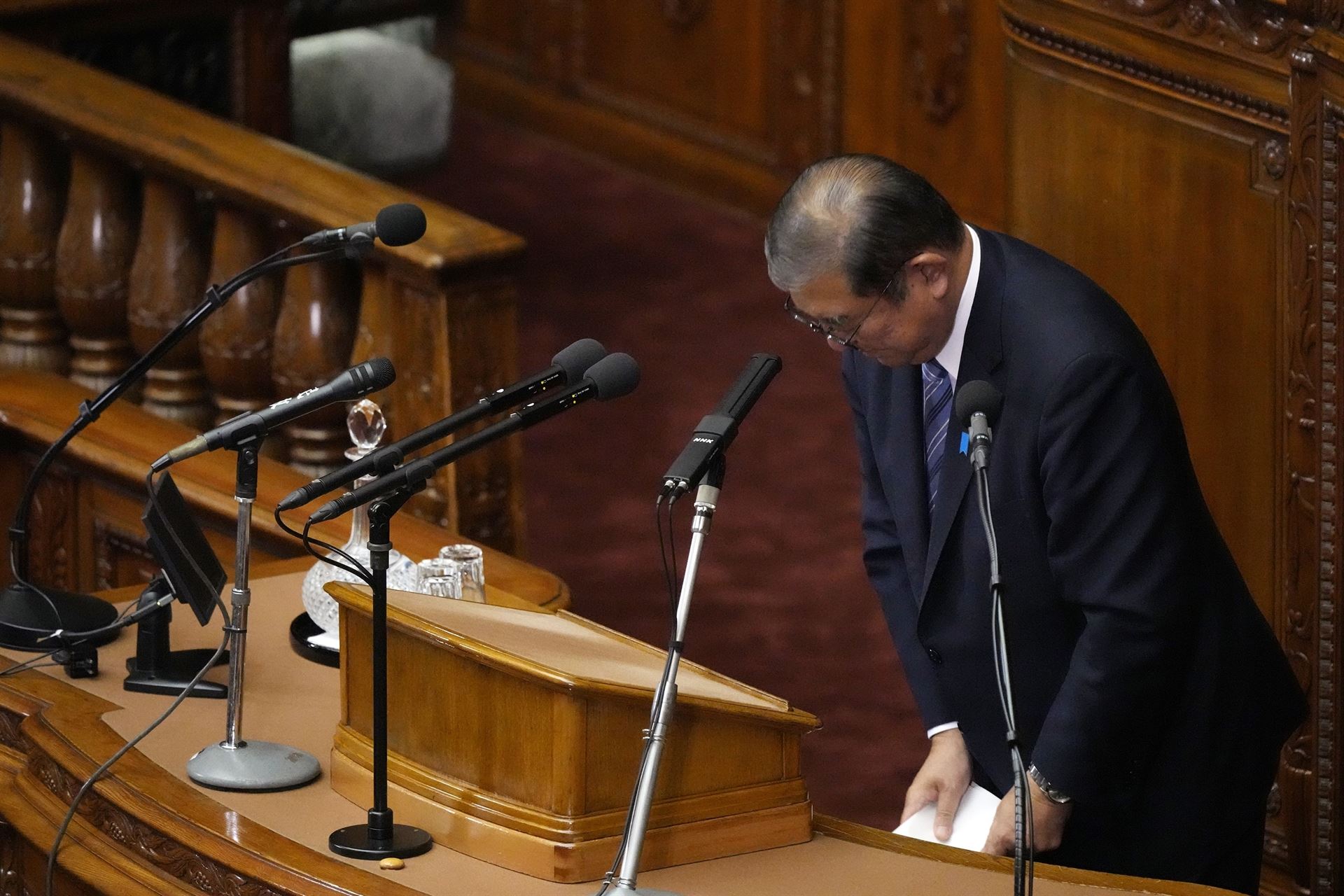
Japan’s Prime Minister Shigeru Ishiba laid out his latest policy vision Friday in a speech to an extraordinary session of parliament as he pursues approval of a ¥13.9 trillion ($92 billion) extra budget to fund a stimulus package.
After early policy flip-flops and an uneven performance at international summit meetings in South America, Ishiba is now looking to deliver on pledges to boost the economy and help households struggling with rising costs of living, while also preparing for the incoming administration of US President-elect Donald Trump.
ALSO READ: Japan’s Cabinet 'to approve $92b extra budget'
The prime minister renewed his pledge to push the nation’s economy toward a model where wage gains beat inflation and robust investment drives growth, a vision that echoes the goals of his predecessor Fumio Kishida.
“We’re seeing some encouraging signs already,” Ishiba said. “We need to shift the economy and businesses toward creating additional value, instead of cutting costs.”

Ishiba’s government remains vulnerable after it lost its majority in an election last month, but a deal with the opposition Democratic Party for the People over tax policy gives it some stability as lawmakers prepare to debate the plans in a parliament session that’s set to run through Dec. 21. The cabinet approved the extra budget on Friday.
READ MORE: Report: Japan to revise duty-free rules in fiscal 2026
While Ishiba’s public approval ratings remain weak, political analysts say he’s unlikely to face moves from within the ruling Liberal Democratic Party to replace him before the spring, when legislation for the budget for the fiscal year starting in April is expected to be approved. A challenge is seen more likely in the runup to an upper house election in the summer.
“The job of prime minister in a minority administration is a difficult and thankless one, and no one else in the LDP is likely to want it at this stage,” James Brady, a Japan analyst at Teneo, an advisory firm, wrote in a note to clients.

In his speech, Ishiba highlighted his priority of trying to foster economic growth in Japan’s rural areas, which have been hit hard by depopulation and economic stagnation. He promised a doubling of grants to the regions. The prime minister also touched on plans for handouts for those struggling with high prices of fuel and food, and bolstering Japan’s ability to cope with frequent natural disasters.
READ MORE: Japan govt okays $250 billion economic package to ease price pain
The new extra budget features ¥5.75 trillion in spending for growing Japan’s economy including its regions, ¥3.39 trillion in response to inflation, and ¥4.79 trillion for security and social policies.
While the handouts may be welcomed by some, the additional spending will simultaneously put pressure on Ishiba over the country’s growing mountain of debt. The size of Japan’s general government debt is now more than 250 percent of its economy, according to the International Monetary Fund.


